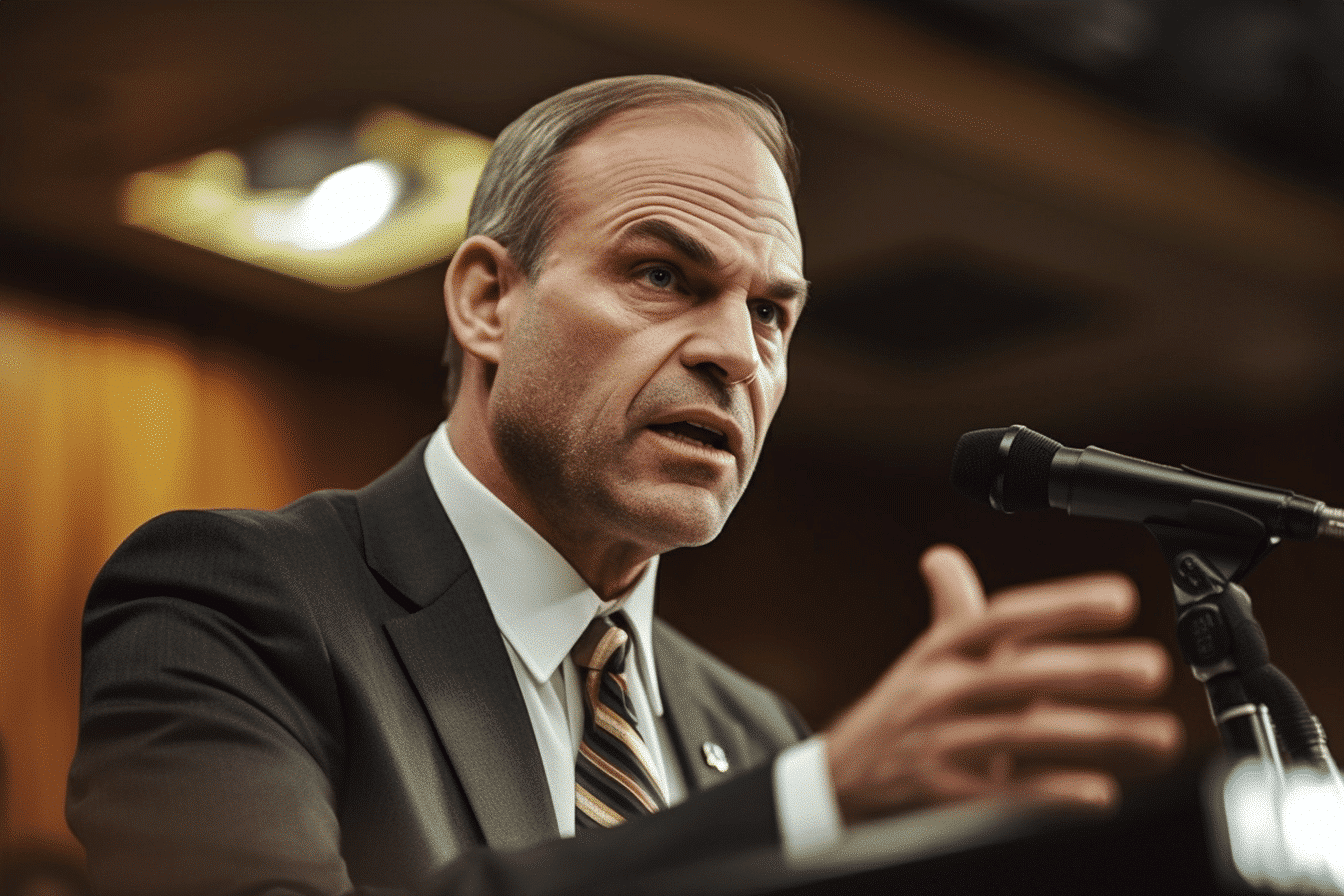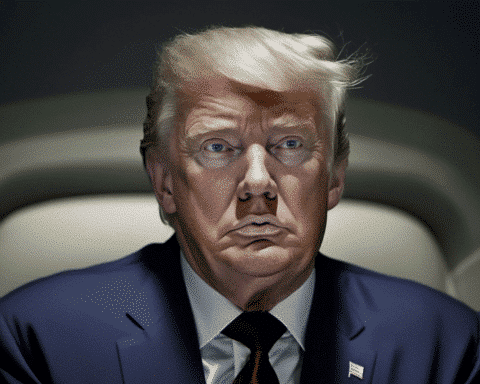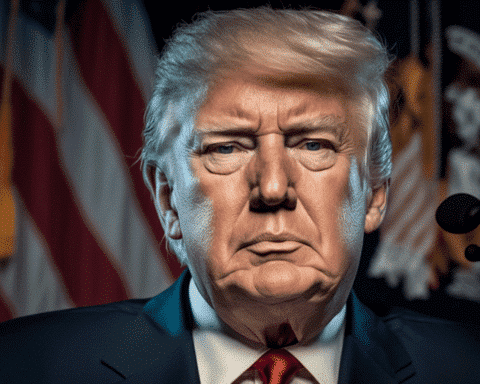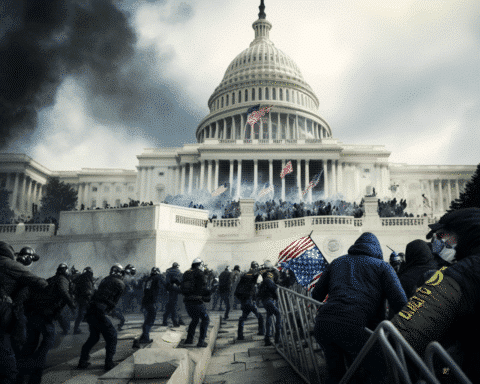The quest for the next House Speaker has thrust the Republican party into what appears to be an internal dilemma. As the GOP continues its search, now spanning into its second week, the political landscape within the party seems to be teetering on the brink of chaos. The drama and factional disagreements underscore the party’s challenges as it navigates its leadership and direction.
Rep. Jim Jordan recognized for his staunch positions as the Judiciary Committee chairman and founder of the hardline Freedom Caucus, emerged as a potential candidate. This shift in attention came from Majority Leader Steve Scalise’s sudden decision to drop out, mainly due to hardline Republicans’ refusal to support him. However, Jordan’s rise isn’t without its detractors. As Rep. Mark Alford, R-Mo., succinctly summarized the broader sentiment, “Someone said ‘You know, you could put Jesus Christ up for Speaker of the House, and he still wouldn’t get 217,” referring to the number required to win a floor vote.
The situation is further complicated by the previous ousting of Kevin McCarthy, leaving the GOP in a lurch. Jordan and his supporters have renewed their calls for party unity behind the Ohio representative in this atmosphere. The endorsement of Donald Trump, who might challenge Joe Biden in the 2024 presidential race, undoubtedly gives Jordan an edge. “Make him the speaker. Do it tonight,” urged Rep. Jim Banks, R-Ind. Rep. Richard Hudson, R-N.C., the Republican party’s campaign chairman, endeavoured to bring together the divided factions, stating, “We must unite around one leader.”
But opposition to Jordan is mounting. Other names, such as Rep. Patrick McHenry, R-N.C., are being floated. The House’s razor-thin margin of 221-212 means nominees can only afford minimal dissent from within the party, especially with Democrats expected to back their leader, Rep. Hakeem Jeffries.
The situation is further inflamed by comments from key figures. While Scalise acknowledged the necessity for unity, he emphasized the importance of selfless leadership. Trump, on the other hand, highlighted Scalise’s health issues during a radio interview, suggesting the challenge Scalise might face if he pursued the speaker’s position, despite Scalise’s confidence in his capability.
The political standoff has paralyzed the GOP and rendered the House ineffective, especially during these tumultuous times marked by domestic upheaval and global conflicts. As the situation deteriorates, there’s a pressing need for the party to realign itself, reassert its majority control, and take the helm in Congress.
The GOP’s internal strife over the House Speaker position highlights the party’s broader challenges. While previous leadership crises were managed, the present dynamic seems to have more severe political implications. As Democrats urge the GOP to find a way forward, the ultimate solution may necessitate both factions of the Republican party – traditionalists and hardliners – to come together for the sake of governance and the nation.




